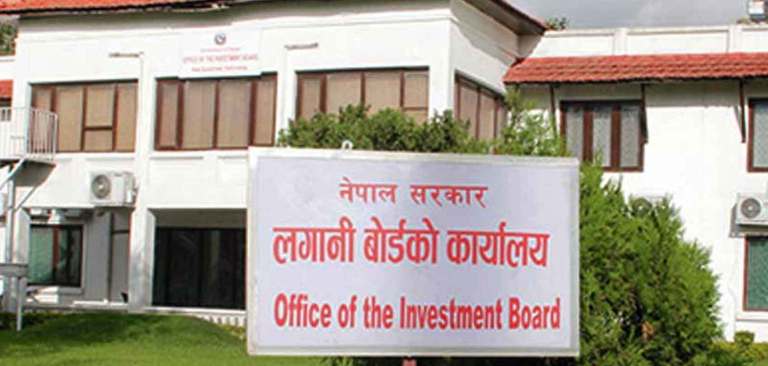Kathmandu: Investment Board Nepal (IBN) has endorsed a sweeping five-year Strategy and Business Plan (2081–86 BS), setting an ambitious target to mobilize up to USD 24.3 billion under the public-private partnership (PPP) model for infrastructure development — despite a lackluster performance record over the past 15 years.
The strategy, approved during the Board’s meeting on Sunday, outlines a pipeline of 57 projects for feasibility studies, with additional targets across construction, procurement, negotiation, and financial management stages. IBN aims to complete 11 high-priority projects worth USD 8.95 billion by fiscal year 2085/86, or at a minimum, operationalize five projects worth USD 4.7 billion.
Spokesperson Pradyumna Prasad Upadhyay stated that while the strategy is ambitious, success hinges on legal reforms, workforce management, and a favorable investment climate. “We believe that if there is a good environment for investment, human resources are managed and necessary laws made, then this much investment can be mobilized,” he said.
Key targets of the plan include:
Advancing 14 projects worth up to USD 5.55 billion to near-completion stages,
Pushing seven projects worth USD 2.83 billion into active construction,
Initiating procurement for 52 projects totaling USD 23.5 billion,
Negotiating agreements for 42 projects worth USD 17.95 billion,
Conducting financial and pre-development activities for 32 projects costing USD 15.7 billion.
The Board projects approving USD 7.45 billion for up to 67 private-sector-led initiatives and another USD 3.15 billion for 25 publicly-driven projects over the next four years.
To support this plan, IBN has drafted an internal organogram proposing four new directorates — Planning and Financial Management, PPP, Investment Promotion, and Project Management — each requiring at least joint-secretary-level leadership. An organizational and management survey has also been commissioned.
However, critics point to the Board’s past underperformance. Since its inception, IBN has secured just Rs 1,200 billion in investments across 38 projects. Its one-stop service center remains ineffective due to manpower shortages, and critical mechanisms such as the Land Acquisition Fund and Viability Gap Funding are yet to materialize. Additionally, a dedicated Investment Board fund has not been established in over a decade, leaving the agency reliant on donor support for staffing and technical expertise.
The gap between the Board’s past outcomes and future goals has raised questions about its institutional readiness and capacity to deliver on its new strategy.
